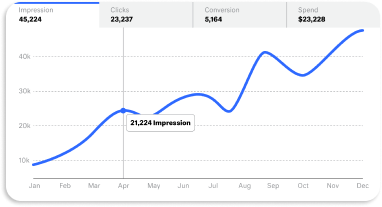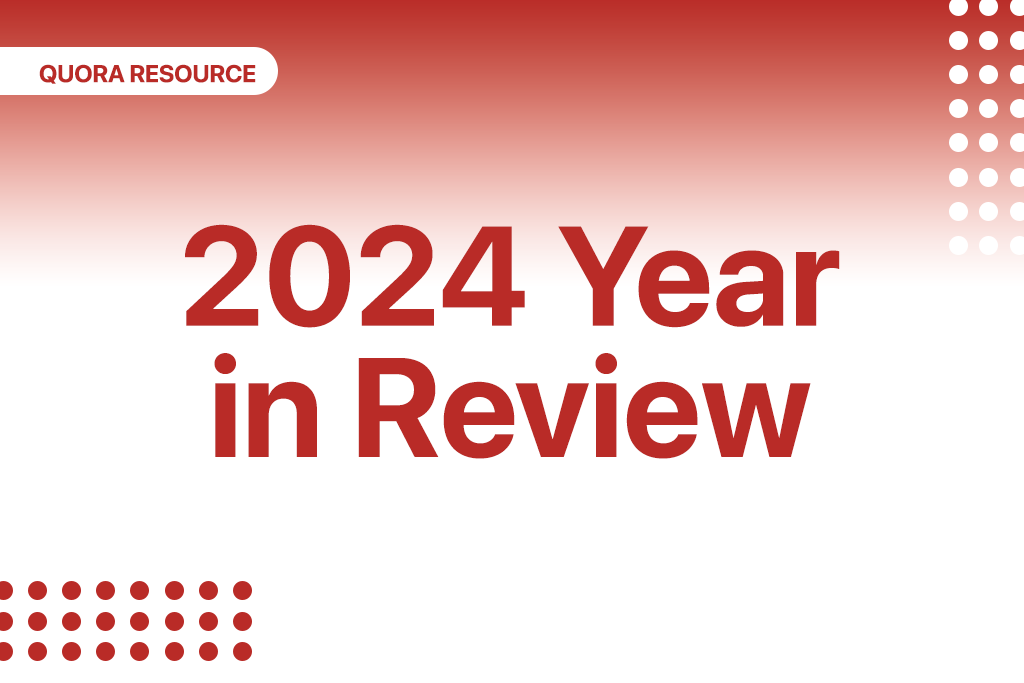Digital Marketing FAQs, Powered by Poe is a collection of articles authored by Poe, Quora’s AI chat platform, based on the most popular digital marketing and advertising questions asked on Quora.
About Poe:
Ask questions, get instant answers, and have back-and-forth conversations with AI-powered bots. Talk to leading bots like ChatGPT, GPT-4, Claude 3, and millions of others. Generate stunning images using DALL-E 3, Stable Diffusion XL, Playground v2.5, and more – all in one place on Poe.

Image generated by DALL-E 3 on Poe.
How can businesses use data analytics to improve their digital marketing efforts?

Claude-3-Sonnet
Businesses can leverage data analytics to improve their digital marketing efforts in several ways:
Customer Insights: By analyzing customer data, such as demographics, browsing behavior, purchase history, and interactions with marketing campaigns, businesses can gain valuable insights into their target audience’s preferences, pain points, and buying patterns. This information can help them tailor their marketing messages, content, and offers to better resonate with their customers.
Campaign Performance Analysis: Data analytics tools can track and measure the performance of various digital marketing campaigns, including email marketing, social media advertising, search engine marketing, and content marketing. By analyzing metrics like click-through rates, conversion rates, cost per acquisition, and return on investment (ROI), businesses can identify which campaigns are most effective and optimize their efforts accordingly.
Channel Optimization: Analytics can help businesses understand which digital channels (e.g., social media platforms, search engines, websites) are driving the most traffic, leads, and conversions. This information can guide businesses in allocating their marketing budgets more effectively and prioritizing the channels that yield the best results.
Content Optimization: By analyzing data on content engagement (e.g., page views, time on page, bounce rates), businesses can identify the types of content that resonate best with their audience. This insight can inform content creation strategies, ensuring that businesses produce more relevant, valuable, and engaging content that drives better results.
Personalization and Targeting: Data analytics can help businesses segment their audience based on various factors, such as demographics, behavior, and interests. This segmentation enables more personalized and targeted marketing efforts, which can lead to higher engagement, conversion rates, and customer satisfaction.
Predictive Analytics: Advanced analytics techniques, such as predictive modeling and machine learning, can help businesses anticipate future trends, customer behavior, and market shifts. This can inform proactive marketing strategies and enable businesses to stay ahead of the competition.
Attribution Modeling: By tracking customer journeys across multiple touchpoints, businesses can use data analytics to understand the impact of different marketing channels and touchpoints on conversions. This attribution modeling helps businesses optimize their marketing mix and allocate resources more effectively.
To effectively leverage data analytics for digital marketing, businesses need to have robust data collection processes, appropriate analytics tools, and skilled data analysts or marketing analysts who can interpret the data and translate insights into actionable marketing strategies.

Ask a follow-up question on Poe, a free app from Quora.
This answer was provided by the Claude-3-Sonnet bot on Poe.
Read the original question on Quora here.
Related Content

Quora Ads Resources

Quora Ads Resources

Quora Ads Resources
Book a consultation with a Quora expert
![]()
















